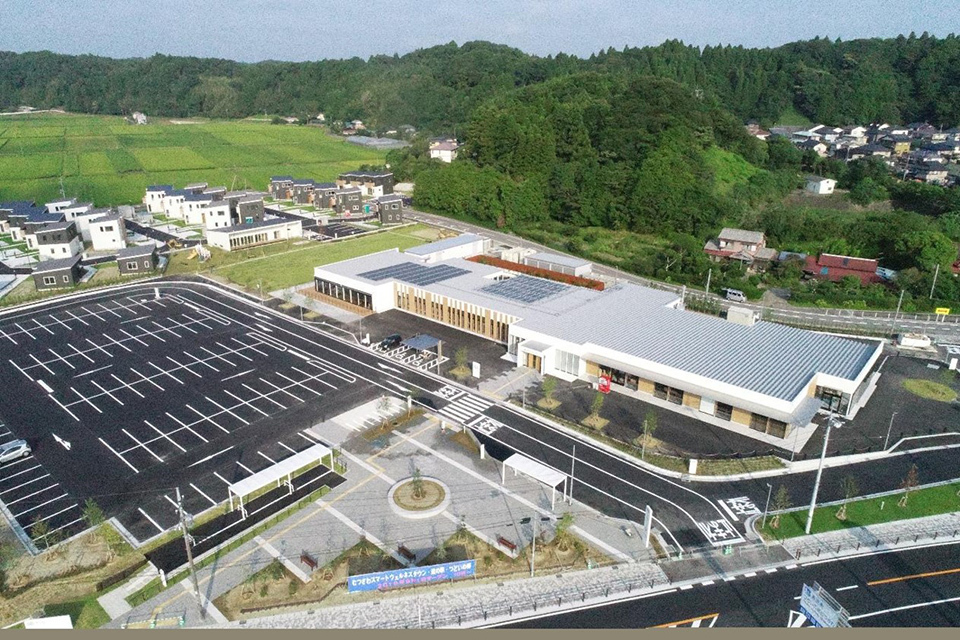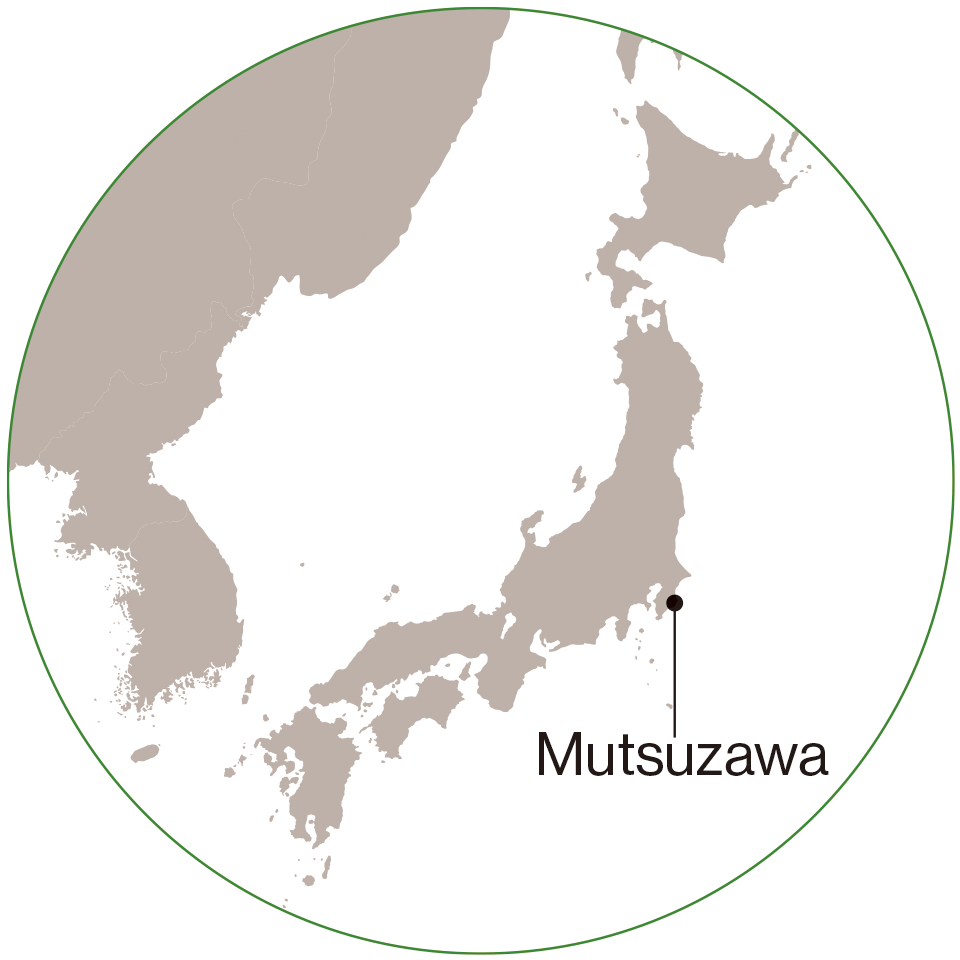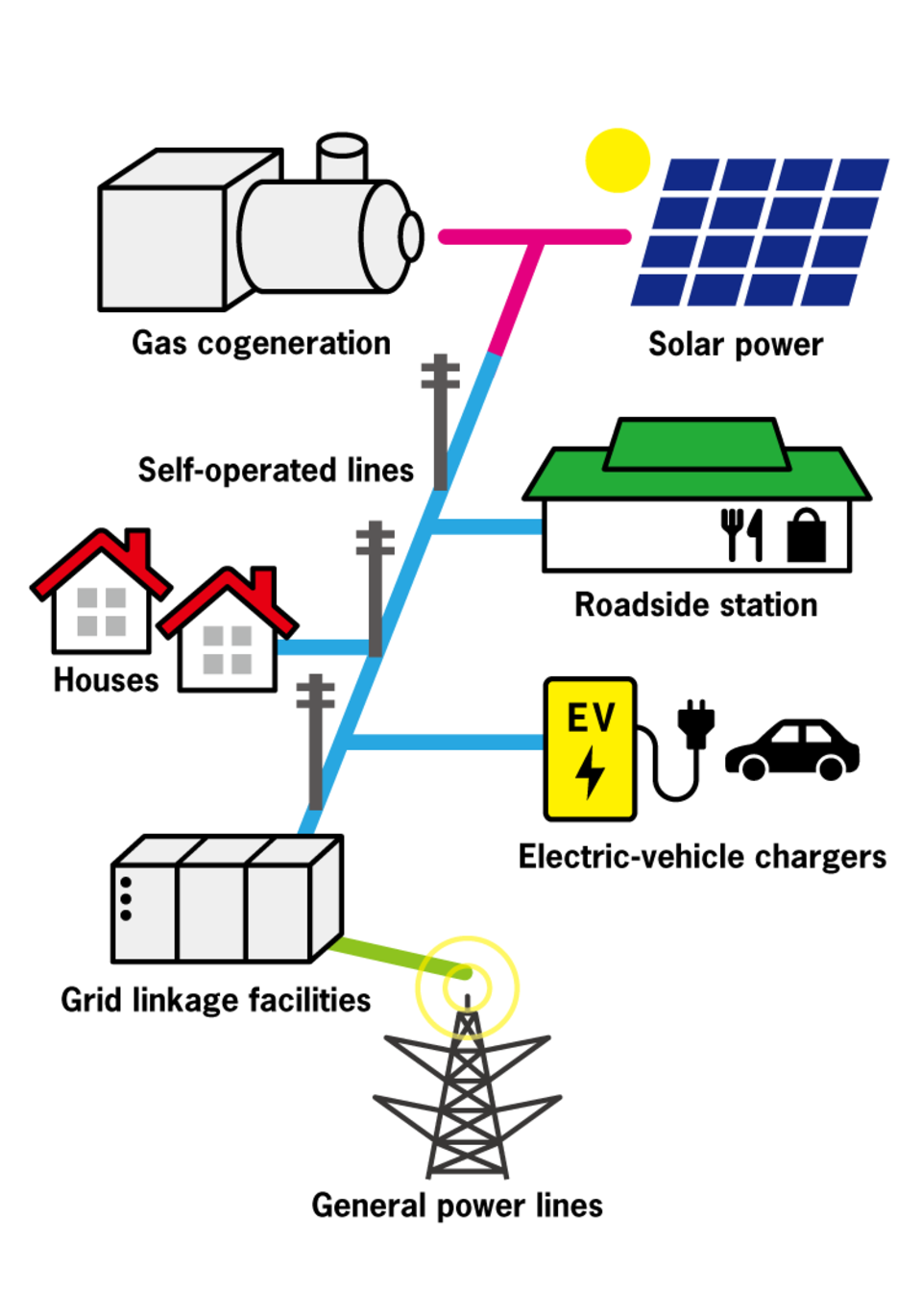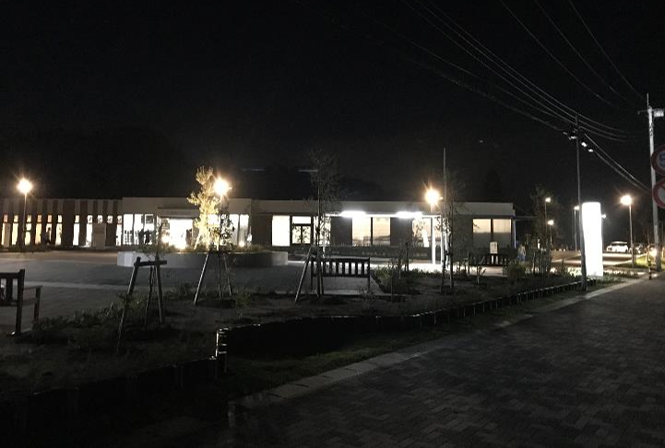A small town in Chiba Prefecture has created a microgrid—a decentralized electric power system—utilizing locally produced natural gas and solar energy. This innovation exemplifies how regional energy diversification can enhance the resilience of local communities throughout Japan.



Mutsuzawa Smart Wellness Town established a cogeneration system using locally produced natural gas and a microgrid of locally operated power lines. The roadside station has also installed solar power generators.
With Japan frequently suffering natural disasters, an accelerating shift is occurring regionally toward the creation of a society where energy is decentralized. The Great East Japan Earthquake of 2011 triggered power blackouts all over northeast Japan, exposing the weakness of an electric power system relying exclusively on macro-scale power networks. To safeguard essential utilities in times of need, evacuation and rescue areas equipped with decentralized and self-reliant energy systems are being established in many parts of the country.
Mutsuzawa Smart Wellness Town is exemplary of this trend. Located in Mutsuzawa, a small town of 7,000 inhabitants in southeastern Chiba Prefecture, which neighbors Tokyo, Mutsuzawa Smart Wellness Town comprises 33 homes and a roadside station with restrooms and a market. The zone was conceived to attract new residents from other areas, as well as to promote the health and fitness of local inhabitants. In collaboration with a private company, Mutsuzawa town operates an energy business within the zone in the form of a self-reliant power system.
“The mainstay of a decentralized energy system is the presence of a microgrid, a self-standing network that transmits and distributes energy to meet the needs of a community,” explains GOUZU Michiko, president of Pacific Power Co., Ltd., Mutsuzawa’s business partner in providing the town with electricity. Mutsuzawa Smart Wellness Town produces half the zone’s electricity using locally extracted natural gas and solar energy, and distributes it through its own power lines. Any energy deficiencies are supplemented by purchasing power from outside sources. The brine left over after the extraction of water-soluble natural gas is heated with waste heat from natural gas engine generators and used in the thermal bath facilities, which means that the local natural gas is utilized 100%, without any waste.

Diagram of a Decentralized Energy System Introduced by Mutsuzawa Smart Wellness Town

“Japanese expertize in small-scale microgrids can be applied in other countries,” says President Gouzu of Pacific Power Co., Ltd.
Mutsuzawa Smart Wellness Town came into the limelight in September 2019, when one of the most powerful typhoons on record made landfall in Chiba Prefecture and triggered a widespread power failure.
Although the surrounding areas were plunged into darkness and took three days to restore regular power, the zone was able to fire up its gas-engine generators, providing electricity to the roadside station and homes in the town. The thermal bath facilities and restrooms of the roadside station were thrown open to residents living outside the zone. Mobile phones could also be recharged at no cost, and long lines formed to take advantage of the service.
Efforts to introduce self-reliant energy systems like that at Mutsuzawa have begun to take root in other areas of Japan as well. As climate change has intensified certain natural disasters, microgrids are now seen as a way to enhance regional resilience.
President Gouzu adds that they can also serve as the driving force behind local revitalization. “Profits from an energy business can be funneled back into the region to improve its sustainability. Any industry, such as agriculture or tourism, needs energy to be powered. We believe that locally produced electricity will be a driving force toward regional development in the future,” she declares.

The region was plunged into darkness by the 2019 typhoon, but the roadside station was able to turn on its lights and provided relief to neighboring residents.

Thermal baths at the roadside station are heated with waste heat from natural gas engines.


